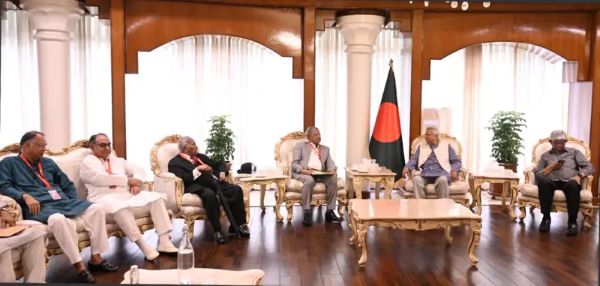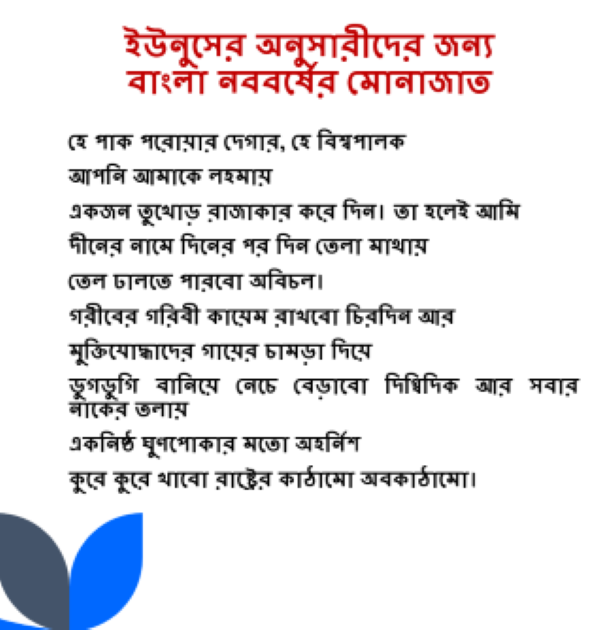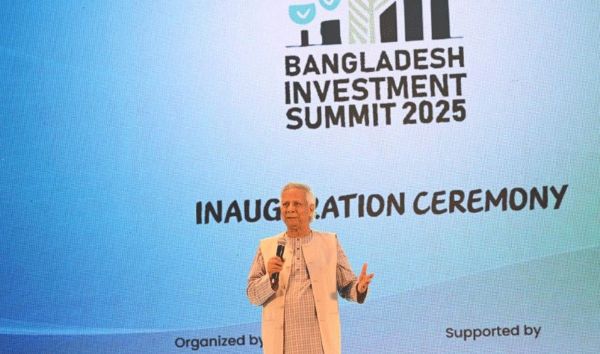
..
The hidden struggles of Bangladeshi politicians
While corruption in Bangladesh often dominates public discourse, and the media sensationalizes stories of a few fortunate politicians who have amassed wealth, the reality for most politicians is far from glamorous. In truth, the life of a Bangladeshi politician is a curse. Thousands of Awami League politicians, who dedicate themselves to serving their communities tirelessly, now lead lives of despair. Their homes have been vandalized, businesses looted or taken over, and their children forced out of school due to financial hardships. Yet, the media remains reluctant to highlight their struggles.
In Bangladesh, even ministers wield limited power. Their primary role often involves making recommendations—locally known as "tadbir"—which are implemented by government officials such as Deputy Commissioners, Police Commissioners, or secretaries. Occasionally, they can influence transfers or appointments of preferred officials, but the actual execution of these orders lies with bureaucrats, who may delay them indefinitely. Meanwhile, opportunists—businesspeople, officials, and even media figures—close to powerful politicians during their tenure continue to enjoy wealth and privileges long after the government changes. These individuals remain out of sight and beyond scrutiny, with only a few exceptions.
The real beneficiaries: government officials
The true beneficiaries of the system are influential government officials. They accumulate wealth largely unnoticed and unpunished, as the media rarely investigates them. These officials wield significant power, often delaying essential services like certificates, passports, or licenses to extract bribes. Despite their misconduct, they escape public ire when governments change, fading into obscurity.
Corruption: a symbiotic relationship
Corruption is a global issue, particularly prevalent in poorer nations. In Bangladesh, a handful of ruling party leaders have profited from corrupt practices over the past 16 years. However, no politician can engage in corruption without the active collusion of bureaucrats. In the Bangladeshi system, executive authority predominantly rests with the bureaucracy. Even if a politician seeks to profit from a project, they rely on the cooperation of relevant officials. When governments fall, public outrage targets politicians, while corrupt bureaucrats largely evade accountability.
Bankers and illegal transactions
Bankers also play a pivotal role in facilitating corruption. When politicians secure illegal loans, it is often with the active support of bank officials, who typically take a 20% cut of the loan amount.
A cautionary tale for aspiring politicians
For young individuals, the lesson is clear: avoid politics. Instead, consider careers as government officials, bankers, businesspeople, or NGO activists. These roles offer opportunities to enjoy power and accumulate wealth without the public scrutiny politicians face. Technocrats and bureaucrats, even during brief stints in power, can secure fortunes for themselves and their families. Unlike politicians, who must share their wealth with supporters, non-political policymakers can retain their gains.
The price of political ambition
Many politicians once led comfortable lives as businesspeople or professionals, able to afford quality education for their children, even abroad. Today, the majority of Bangladeshi students studying overseas are children of bureaucrats, civil society leaders, or NGO activists, with relatively few being offspring of politicians.
The enigma of Begumpara
The affluent "Begumpara" neighborhood in Toronto is often cited as evidence of politicians siphoning money abroad. However, of the 28 houses there, only four belong to politicians. The rest are owned by bank executives, retired government officials (civilian and military), NGO activists, and businesspeople. Yet, the media disproportionately blames politicians, as it is both easy and cost-free.
The Lesson from Dr. Yunus's "Bulldozer Politics"
Dr. Yunus's "bulldozer politics" teaches politicians a harsh lesson: avoid building wealth or property in Bangladesh, as it may be seized without due process. Instead, they should invest abroad, as many current advisors have done. The legal system in Bangladesh has become a tool for coercion and extortion, urgently requiring reform.
The author is a former diplomat who transitioned into politics. His name has been withheld for safety and security reasons.



